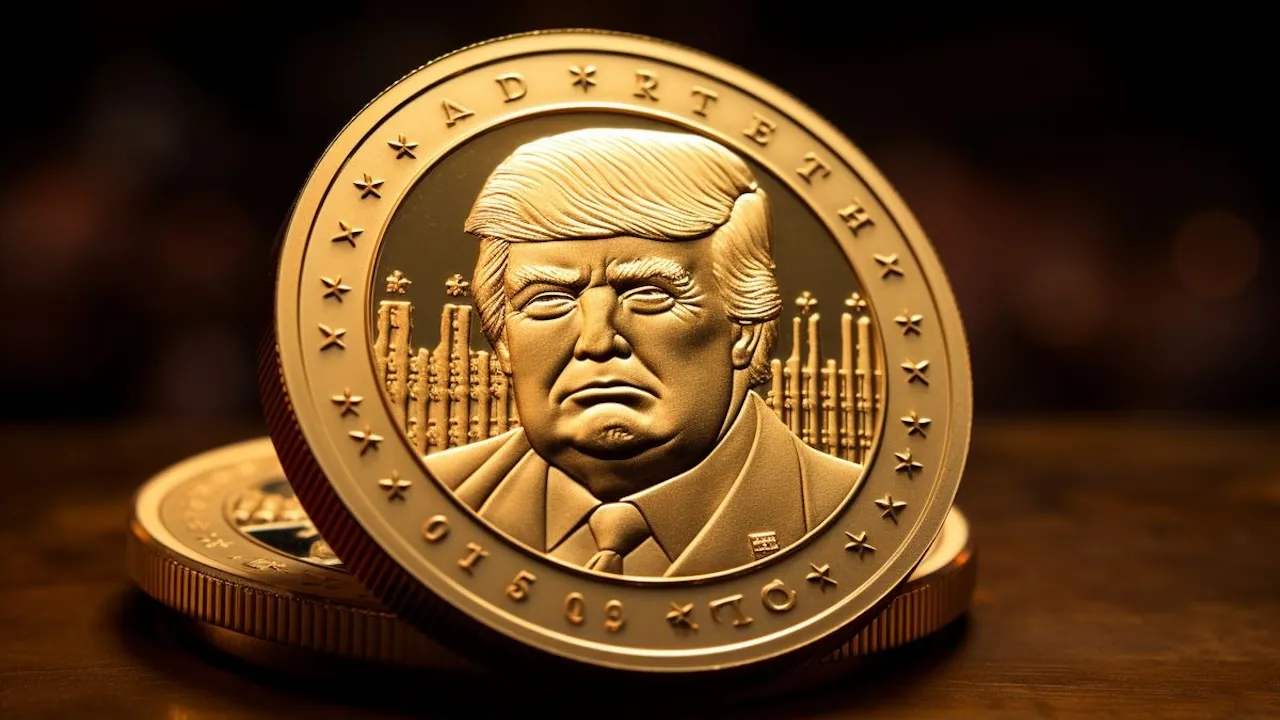Following the Unichain announcement by Uniswap Labs, it recently launched an Ethereum-based blockchain, which saw the price of the UNI token surge by 6%.
On Thursday, Uniswap Labs announced its intention to introduce its Ethereum-based blockchain, “Unichain.” This action is intended to address some of the most pressing challenges that decentralized finance (DeFi) on Ethereum faces, including high fees and slow transaction times. Following the announcement, the governance token of Uniswap, UNI, experienced a substantial increase in value.
Since its inception, Uniswap, a prominent entity in the DeFi industry, has experienced substantial expansion. The Uniswap Protocol has processed $2.4 trillion in trading volume, with millions of users and nearly half a billion-lifetime trades, according to DefiLlama. In addition, the platform has approximately $4.6 billion in total value locked (TVL for short). However, despite this impressive growth, Ethereum-based DeFi has remained somewhat fragmented and impeded by expensive, slow transactions.
Unichain, the recently announced blockchain, aims to address these deficiencies by providing more efficient, cost-effective, and seamless transactions across multiple chains. Uniswap aspires to establish its dominance in the rapidly evolving DeFi market by enhancing the user experience.
The full mainnet launch is anticipated by the end of the year, following the activation of the testnet for Unichain on October 10.
A Novel Revenue Sharing Model
The staking mechanism of Unichain is one of the most eagerly anticipated features, as it will enable UNI holders to secure their tokens in exchange for rewards. This new model offers a means for users to participate in the platform’s success, a demand that UNI holders have been making for an extended period.
Sharing revenue with UNI holders is not novel; proposals to activate Uniswap’s “fee switch” have been under consideration for years. These proposals aimed to allocate a portion of Uniswap’s revenue to UNI holders who had delegated their tokens for protocol governance. Nevertheless, these proposals could not gain traction due to apprehensions regarding potential conflicts with US securities laws.
In May of this year, the Uniswap Foundation, a nonprofit organization responsible for the protocol’s support, canceled a vote on the fee switch proposal just before its commencement.
Increase in the Price of Uniswap Tokens
Uniswap’s native cryptocurrency experienced a significant increase in value shortly after the Unichain announcement. UNI is trading at approximately $8.06, representing a 6% increase in the past 24 hours. Additionally, the cryptocurrency’s market capitalization has increased by 25% over the past week and is currently valued at $4.84 billion.
The Unichain announcement has resulted in a significant increase in the value of UNI, which is indicative of the sector’s optimism and support. Nevertheless, it is essential to acknowledge that UNI is still down 82% from its all-time high of $44.97 in 2021.
Unlike the fee switch, Unichain will utilize a distributed network of validators to process transactions. To become a validator, users must stake their UNI tokens and, as a result, qualify for staking rewards. This method is perceived as a positive development for the protocol’s future; however, certain community members contend that it only partially replaces the potential advantages of the fee switch.



